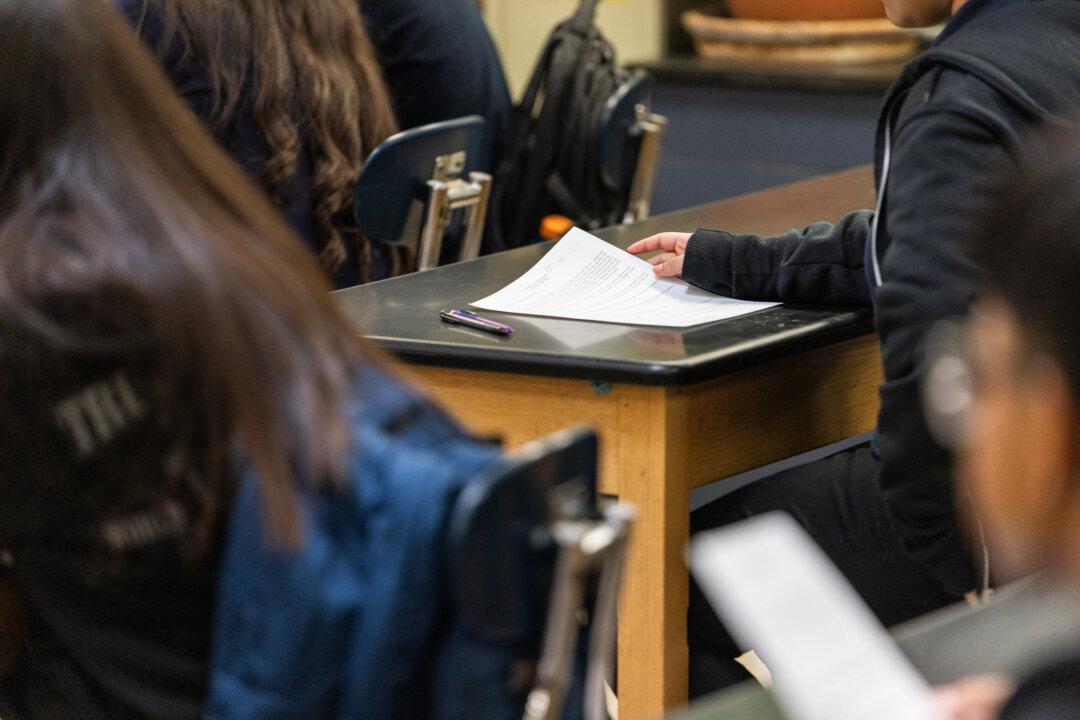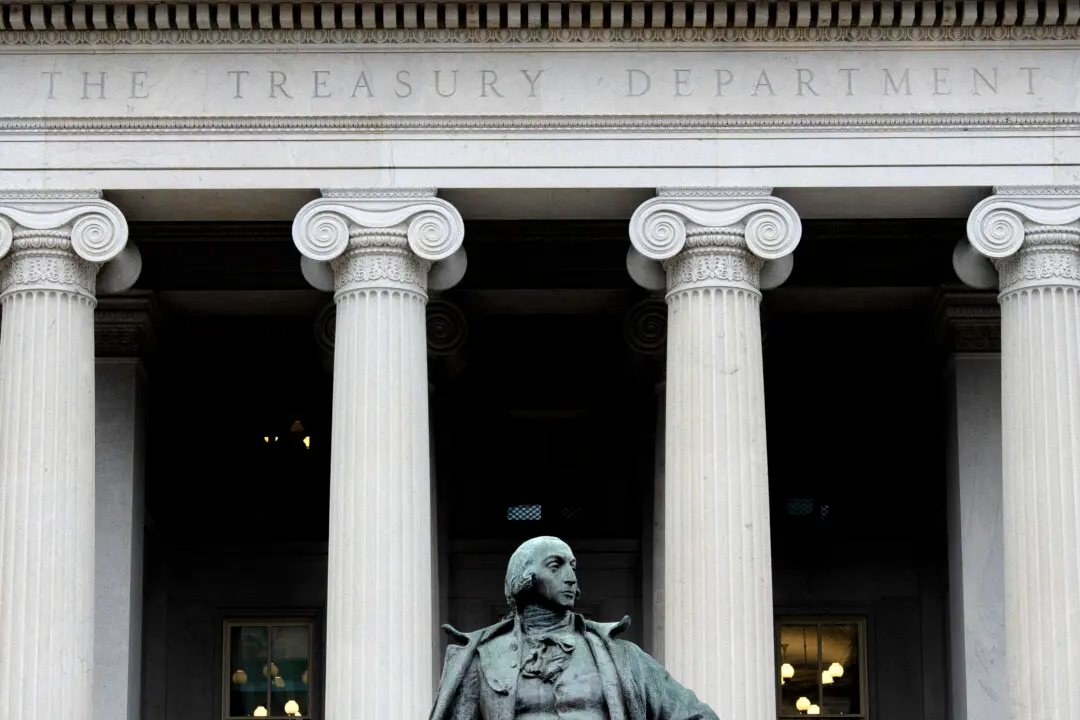A committee in the California Legislature will consider a bill on May 21 that seeks to strengthen and broaden existing discrimination protections in K–12 schools to target anti-Semitism and Islamophobia.
Under Assembly Bill 715, sections of the Education Code would be amended to include nationality and religion under existing discrimination protections on race and ethnicity.





